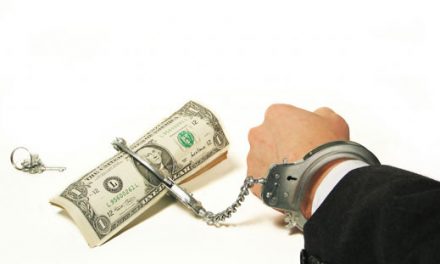
Corruption China
16 September 2012. Political and business leaders in China are illegally placing hundreds of billions of dollars in offshore bank accounts. In a 2008 report briefly posted on its website last year, the People’s Bank of China said 16,000 to 18,000 corrupt officials had fled the country, taking with them their families and $123 billion. Because of a closed monetary system U.S. dollars cannot be converted into Chinese money. The country’s huge reserve of foreign cash is more easily used to buy overseas assets than to shore up national banks that depend on a controlled currency. The effects of the currency outflow are not felt because of the huge foreign currency reserves. But with the major economic slowdown, this could become a problem in the future. Late last month, the U.S. Chamber of Commerce said a survey showed 21 percent of U.S. companies in China “are planning to diversify some investment or business from China” to other Asia countries in “the next two years, significantly higher than when asked in 2011.” Xinhua reported this month that iron ore backed up at 25 ports as steel demand plummeted and prices collapsed. The effect is felt in US too. Consol Energy Inc. idled two coal mines in West Virginia and Virginia because of slumping demand from China and other export markets. China’s electrical demand has fallen, too. Power consumption grew 4.5 percent in July nationwide, and only 3.6 percent in the telltale industry and manufacturing sector — a figure less than half of China’s growth projections. The slowdown in power consumption is mainly due to a surprise industrial output slowdown in July. If a banking crisis develops, it will trace back to the inability of domestic banks to cover for a slowdown by continuing to roll over bad loans. Following the global financial meltdown in 2008, China’s leaders injected about $630 billion into the economy. That worked at first, but Xinhua reported this month that “commercial banks are facing a high risk of increased bad loans, partly due to a lending spree to support massive economic stimulus three years ago.”













